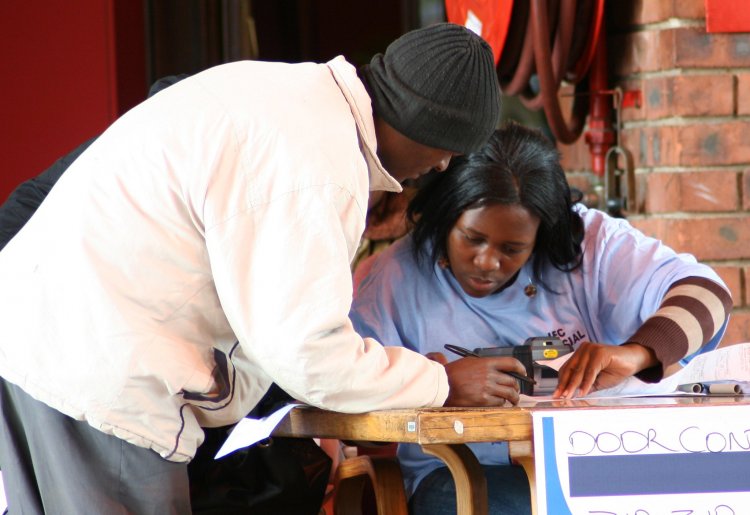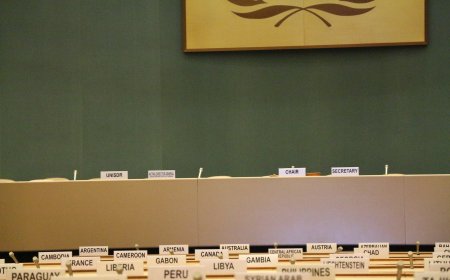As it heads to the polls on December 7, Ghana, West Africa’s democracy lodestar, faces arguably its toughest electoral test yet. A harsh economic environment, low trust in institutions and deepening polarisation are fuelling fears of a disorderly election and its aftermath.
Read full here.




